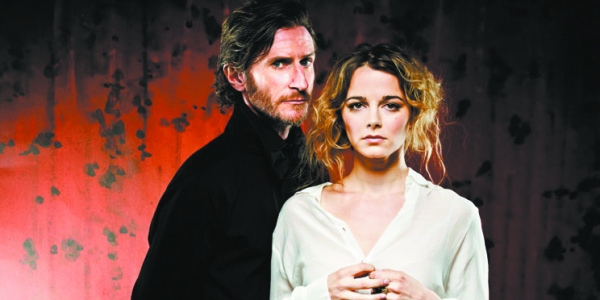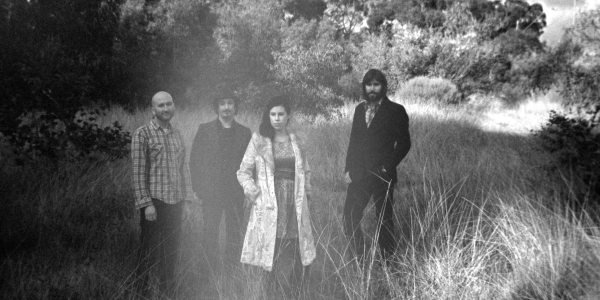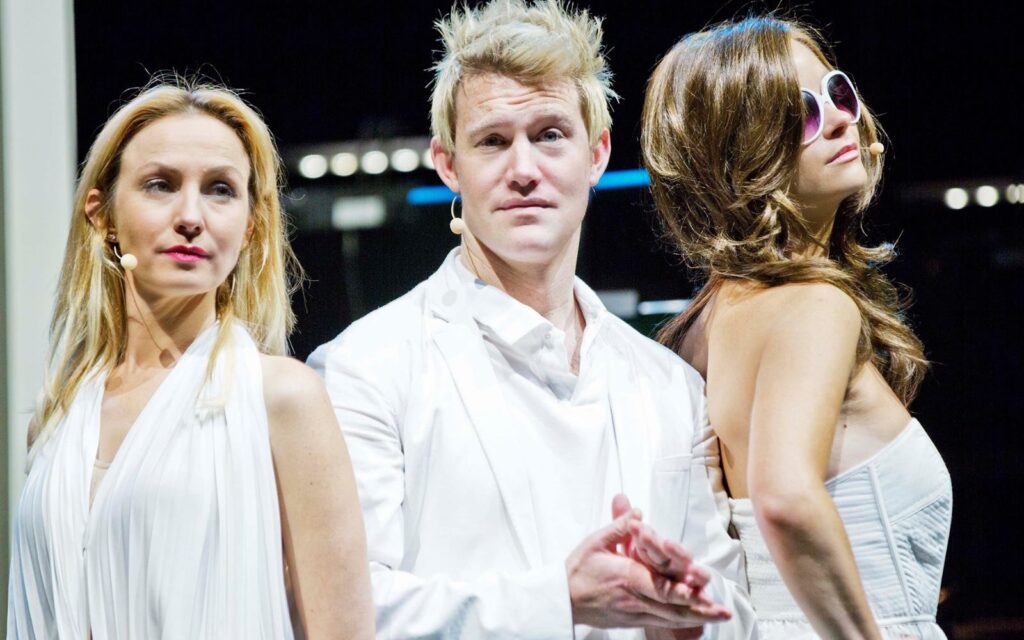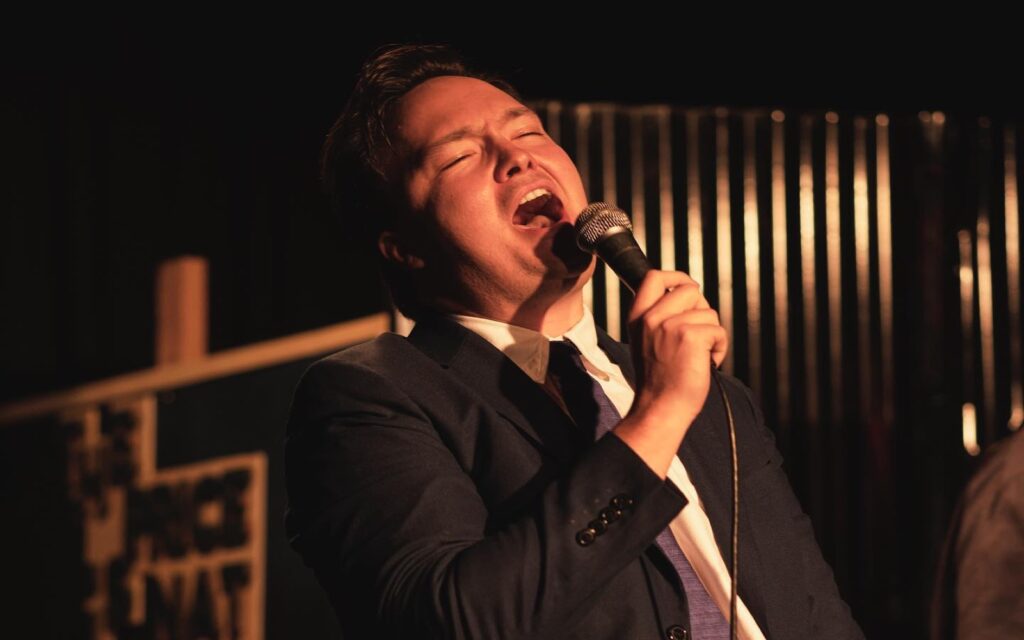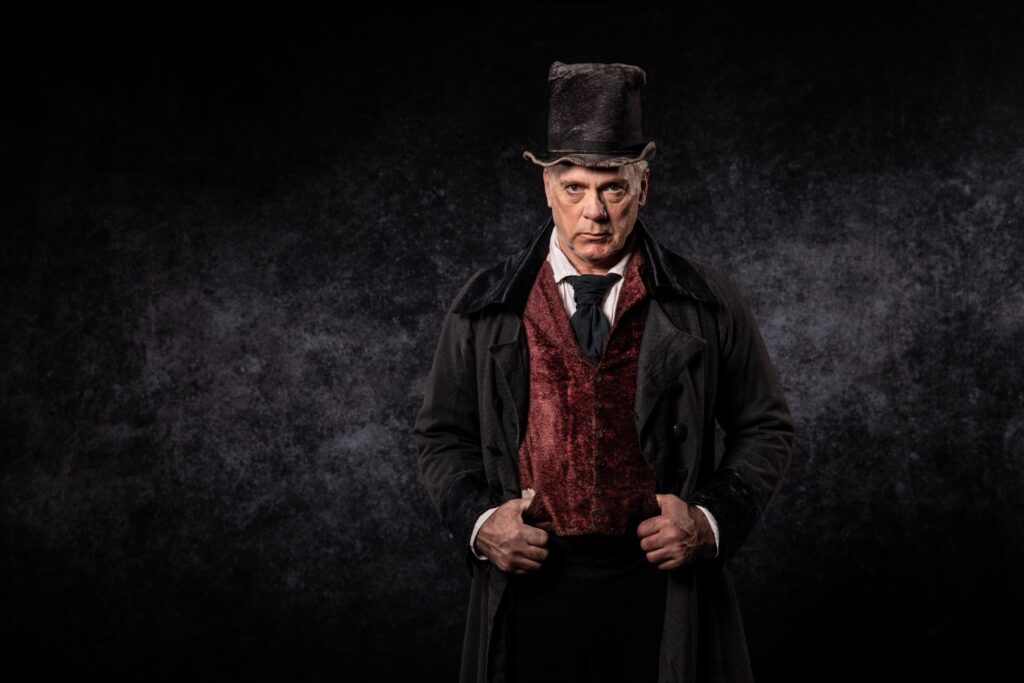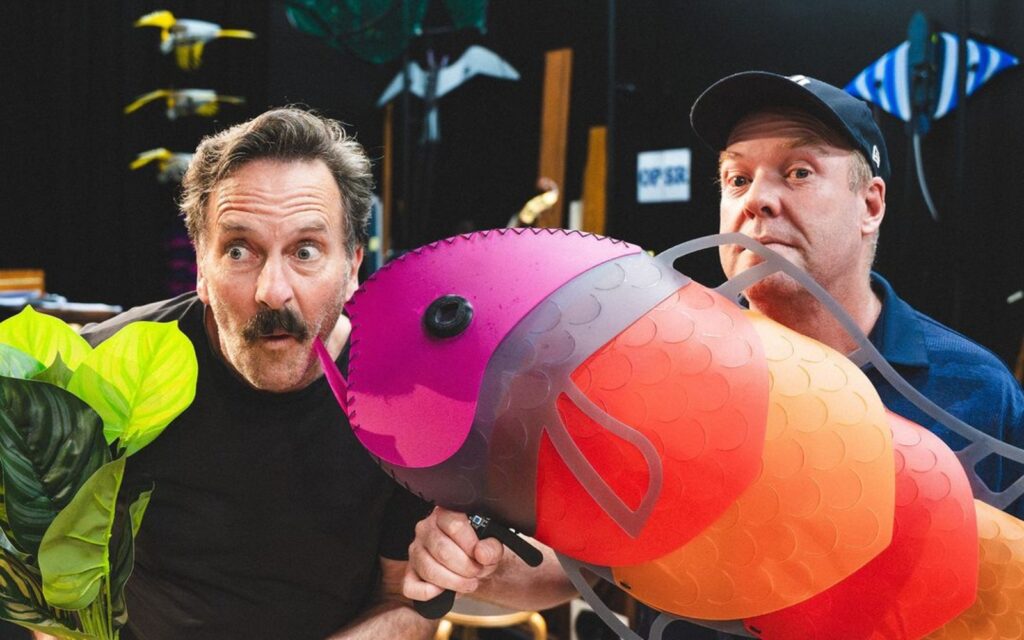The Story Of Mary MacLane established Mary MacLane as a literary pop star; unwittingly, MacLane also foretold the explosion in narcissism that would ride on the back of the digital revolution.
MacLane was born in Winnipeg in Canada in 1881 before moving to Butte, Montana with her family a few years later. In 1902 MacLane published her first book, The Story Of Mary MacLane, an arresting account of her life, as well as her idiosyncratic fantasies (including a liaison with the devil). In light of the conservative sensibilities of the era, MacLane’s book was confronting and controversial; the fact that it was written by a 19 year old woman added further weight to its popular reception. “It sold 100,000 copies in the first month – that’s unheard of!” says author and performer Bojana Novakovic.
This week Novakovic brings MacLane’s story to the stage at the Malthouse Theatre. Featuring music and performance by Tim Rogers, The Story Of Mary MacLane By Herself celebrates MacLane’s life, writing and cultural impact. Novakovic came to MacLane’s writing almost accidentally. “I read an excerpt of her writing in about 2003 when I was reading some reference material on the works of mad people,” Novakovic says. “Her writing struck me to the core. It was completely free of psychobabble, but it had an amazing knowledge of the self,” she says. Novakovic was also attracted to the readability of MacLane’s writing. “It was a story that was written to be read,” Novakovic says. “She wrote consciously for the public.”
Novakovic says MacLane’s writing, like so many significant texts, have both a historical and contemporary context. “When I read her autobiography I thought it was contemporary,” Novakovic says. “I think the main relevance with today is that we’re now so obsessed with our self. We’re constantly putting out updates on Facebook, Twitter feeds and whatever else. In a way, she was like the first emo or grunger,” Novakovic says.
Novakovic was keen to bring MacLane’s writing to the stage, but was reluctant to undertake a one-woman dramatic performance. While watching another tortured genius, Daniel Johnson, in concert in New York, Novakovic found the missing link in the performance. “I was watching Daniel Johnson, and I thought he was so like Mary MacLane,” Novakovic says. “I thought it’d be great to have a musician on stage, just to sing some songs and to lift the mood.”
Novakovic turned to Tim Rogers, with whom she’d worked in Woyzeck to provide the musical accompaniment. “He’s not there to be with her, but he feeds the story of her,” Novakovic says. “He’s like a servant of her story – Mary’s the front man, and he’s not.” While Rogers wrote the music, and a reasonable portion of the lyrics, Novakovic admits to having given him fairly tight instructions. “I bossed him around for every single word,” she laughs. “But his patience has been admirable. I’d give him a passage from her writing, and then tell him to write a song about it. Sometimes I’d give him six rhyming couplets and that’d be the lyrics, while with other songs Tim came up with the lyrics himself.” Rogers, for his part, was able to concentrate on writing a song with the basic idea already identified. “He’s said it’s been really freeing for him,” Novakovic says, “because he doesn’t need to come up with an idea.”
While there is apparently evidence that MacLane once offered an opinion on Australia, MacLane remains a largely anonymous literary and popular figure in Australia. “No-one’s ever heard of her,” Novakovic says. “That’s awful – people are really shocked when they read her writing.” What makes MacLane’s story even more intriguing is the unexplained circumstances of her death. Having burst into the public eye, MacLane burned brightly before receding into the dark corner of literary history. “Her second and third books failed dismally, and it also appears that she tore up a couple of books – and, who knows, those could have been amazing books,” Novakovic says. “And no-one knows just how she died – she disappeared into obscurity.”
While MacLane seemed hellbent on constructing and managing her public persona, Novakovic said it’s equally possible to see MacLane as struggling with loneliness. In this context, The Story Of Mary MacLane is a cry for attention. “Her story is the cry of a lonely soul,” Novakovic says. “It’s about how we fill our lives to not feel lonely.” MacLane was always the central focus of her writing, a narcissistic obsession that’s all too common these days. “She wrote as a journalist during World War I, and never wrote a word about the war!” Novakovic laughs. Novakovic admires MacLane both for her courage in a male-dominated world – “she lived at a time when women were at best school teachers” – and her personal charm. “I do like her – I think she’s really cool,” Novakovic says. While MacLane’s star eventually faded, Novakovic suggests she was born a hundred years too early. “If she had a blog, she’d be a superstar!” Novakovic laughs.
